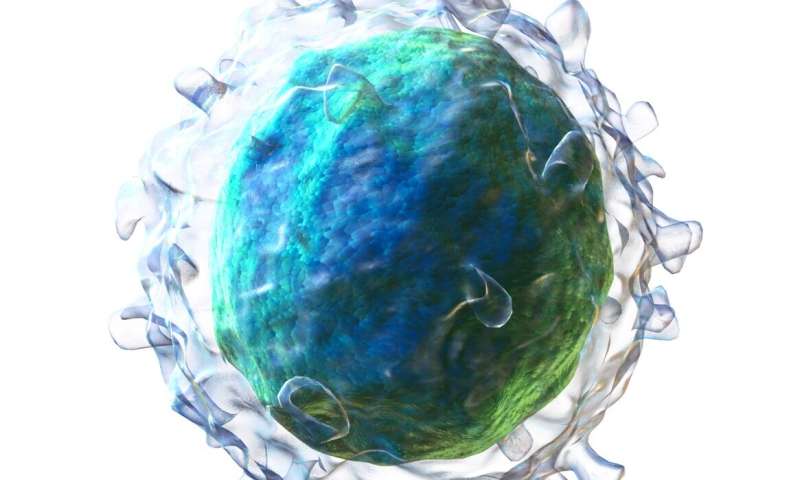
The blood of people infected by SARS-CoV-2 shows telltale signals of immunity against new variants of the novel coronavirus as long as 11 months following infection, according to a new laboratory study from Oregon Health & Science University.
The study, originally posted to the preprint server MedRxiv in June, was published in The Journal of Infectious Diseases Dec. 1.
“We think these results give us real reason for optimism,” said senior author Bill Messer, M.D., Ph.D., assistant professor of molecular microbiology and immunology, and medicine (infectious diseases) in the OHSU School of Medicine. “The current variants of concern are not likely to truly escape the immune system of people who have recovered from infection.”
Messer emphasized that vaccination is the best protection against reinfection, and that the vaccine is also the best protection for people who have not had COVID-19 to avoid getting infected or becoming seriously ill or dying from it.
The new findings involved testing of blood drawn from 24 people who had been infected with the SARS-CoV-2 virus, with severity ranging from asymptomatic to hospitalization at OHSU Hospital.
Researchers found that asymptomatic cases and some of the people with mild symptoms did not always have SARS-CoV-2-specific antibodies in their blood serum. However, researchers were able to detect patrolling immune cells—called memory B cells—that are programmed to produce SARS-CoV-2 antibodies in the blood of all the people tested.
They discovered that these memory B cells not only appeared to react to the original wild-type SARS-Co-V-2 virus, but they also recognized so-called variants of concern.
The findings suggest that immune protection may endure long term, potentially forestalling the need for vaccine booster shots.
At more than 11 months, the study is the longest post-infection period measured to date. However, researchers say it’s not possible to definitively say whether the B cell response that researchers discovered in blood serum would correlate to an actual effective immune response in people exposed to the virus.
The authors stimulated B cells to secrete antibodies—simulating a repeat infection. Although the antibodies appeared to recognize the variants, researchers were unable to say definitively whether the antibodies would protect against the virus variants.
Source: Read Full Article